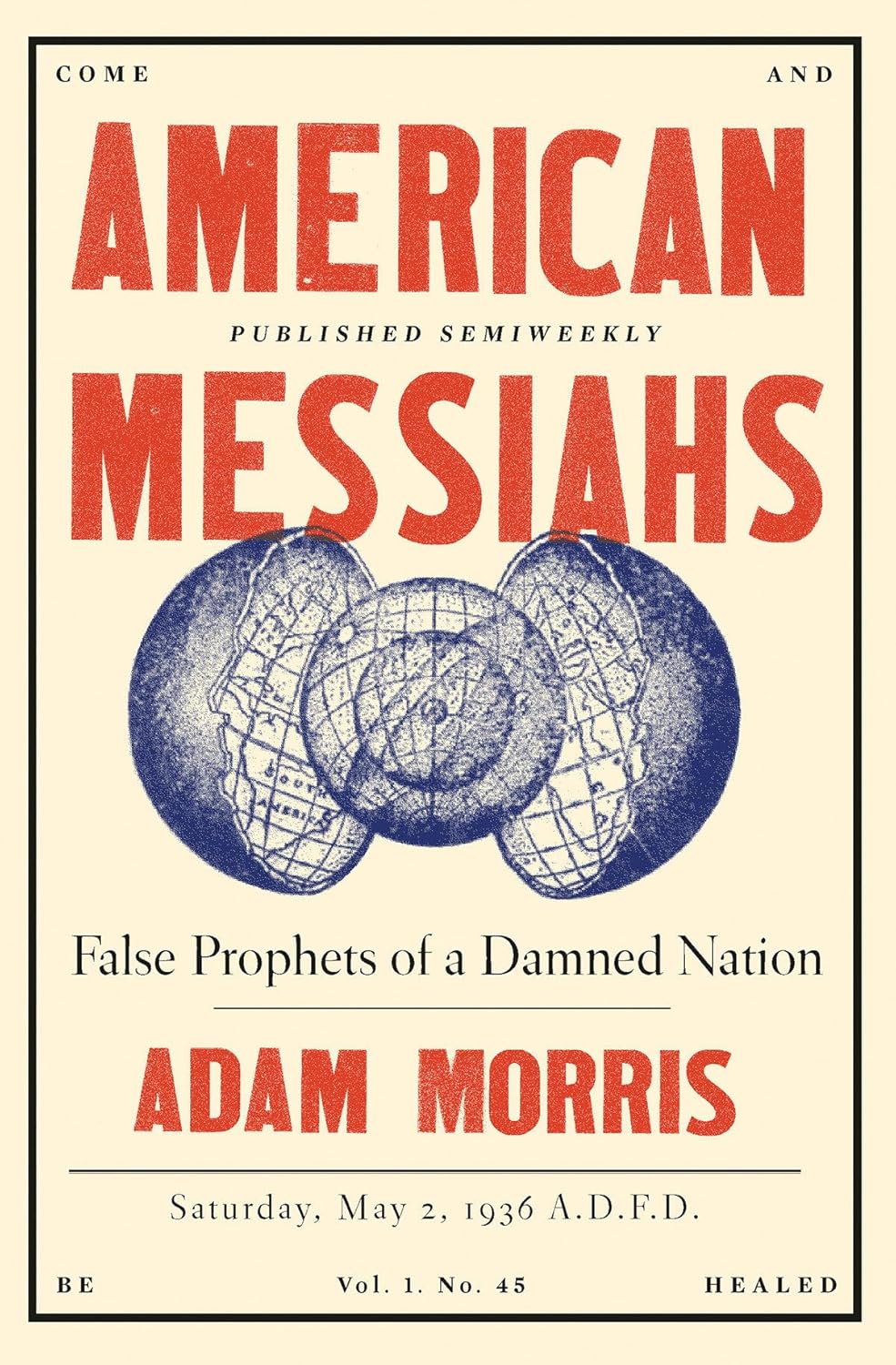Father Divine burst onto the national scene in 1931, after being convicted of disturbing the peace in the otherwise placid seaside town of Sayville, Long Island. Reverend Major Jealous Divine, as he then styled himself, was already well known throughout black neighborhoods of Brooklyn and Harlem as the founder of a weekly feast that took place at his sprawling Cape Cod on Macon Street in Sayville, where he lived with twenty-odd devotees who simply called him “Father.” Residents in the group home referred to these meals as Holy Communion, and they enjoyed them every day. Observance of
the tradition was meant to evoke the primitive apostolic church, in which ritual communion was held daily. On Sundays, Divine and his housemates threw open their doors to welcome anyone in need of a hot meal. In 1931, this included quite a few hungry souls and resulted in heavy traffic through the neighborhood. The cars were bad enough, but for some Sayville residents, the passengers were far worse: a motley crowd, mostly dark in hue, carpooled and bussed into Sayville from the city’s poorest blocks, expecting a free meal and a few words of wisdom from the man who worked this weekly miracle of abundance.
He once claimed to have been “combusted” in New York, and sardonically informed one inquiring magistrate that he came from Providence.Sayville’s forbearance eventually gave out, resulting in the black deity’s arraignment and eventual conviction. Three days after sentencing Father Divine to a year in prison for little more than leading late-night hymns, Judge Lewis J. Smith of Nassau County dropped stone dead. Reached for comment in his cell at Riverhead jail, Father Divine’s only comment was “I hated to do it.” Celebrity status in Harlem, which later became God’s principal residence, was guaranteed.
Father Divine went on to become a national sensation. During his lifetime, African Americans acknowledged Divine, often begrudgingly, as one of the most important civil rights leaders in America. In a 1949 article for Phylon, a journal for black affairs published by W.E.B. Du Bois, the prominent black sociologist Ira De Augustine Reid listed Father Divine’s kingdom among the nine most important movements affecting the lives and culture of black Americans during the first half of the 20th century. On this list, the Peace Mission appeared alongside Booker T. Washington’s Tuskegee Idea, Du Bois’s Niagara movement, Marcus Garvey’s Universal Negro Improvement Association, and the transformative Great Migration to the industrial North.
One of the 20th century’s most lauded historians of American religion, William J. McLoughlin, characterized Divine as “one of the few black ministers [of his age] to preach something different from evangelical escapism.” Yet Divine’s rise to stunning wealth and fame—and his decades of work on behalf of racial equality and workers’ dignity—are not well recorded in the annals of the American civil rights movement. It would be fair to say that Father Divine’s Peace Mission has, for the most part, been deleted from the history of black struggle in America for its tacky theology, its unappealing blend of communistic lifestyle and respectability politics, its disavowal of racial identity, and most of all, its iconoclastic leader: a squat, bald, dark-skinned man whose followers called him God and their Redeemer.

